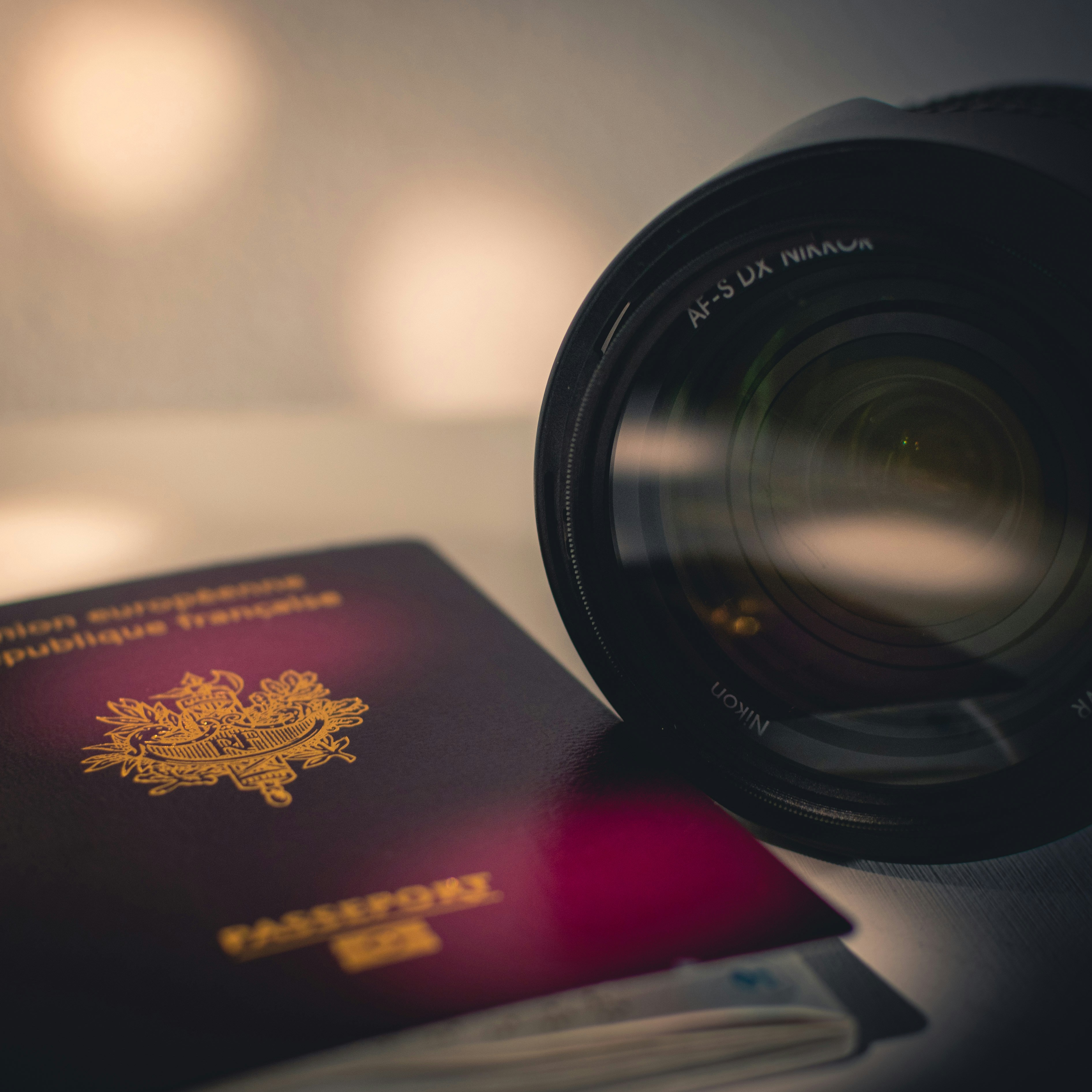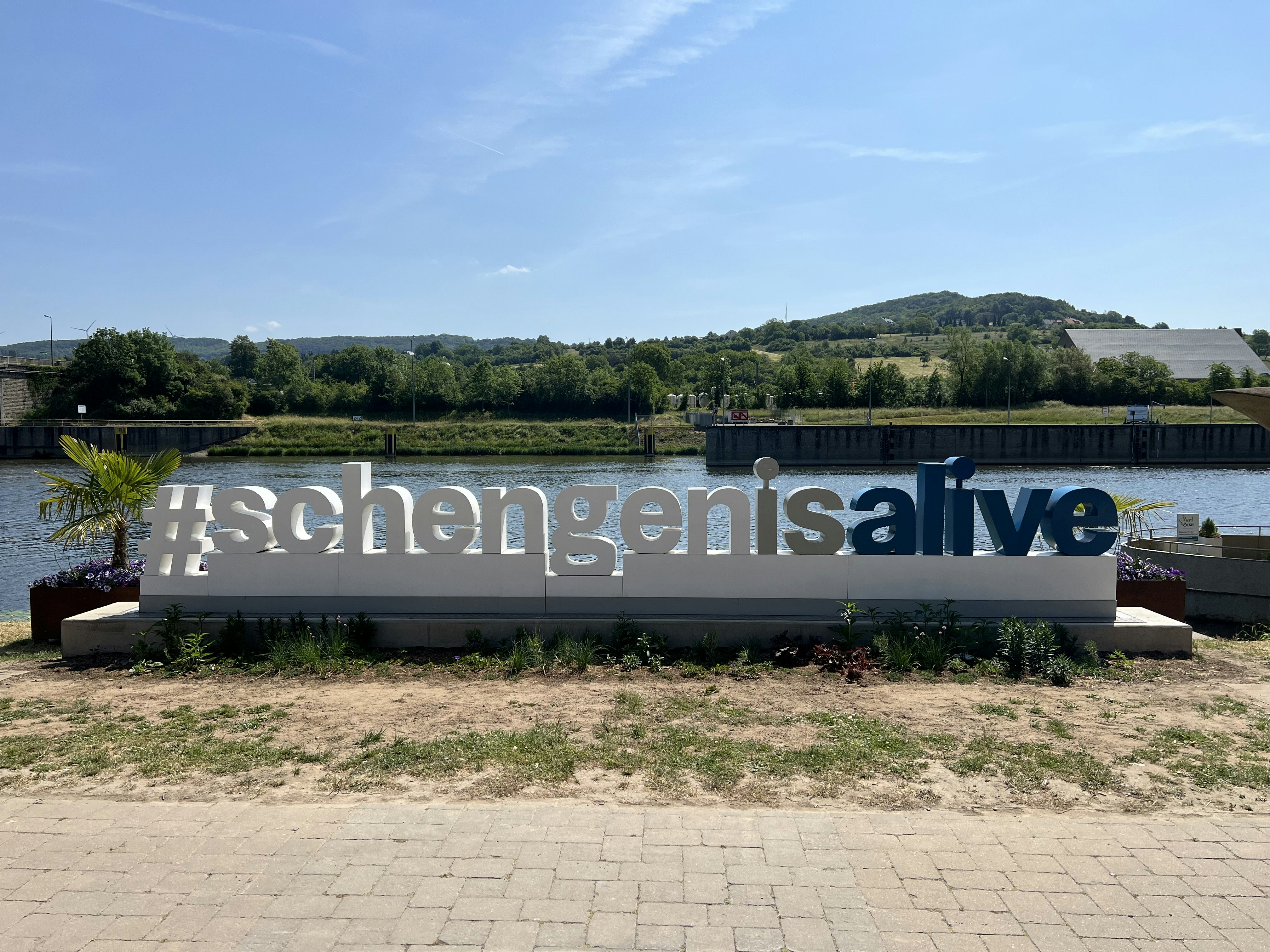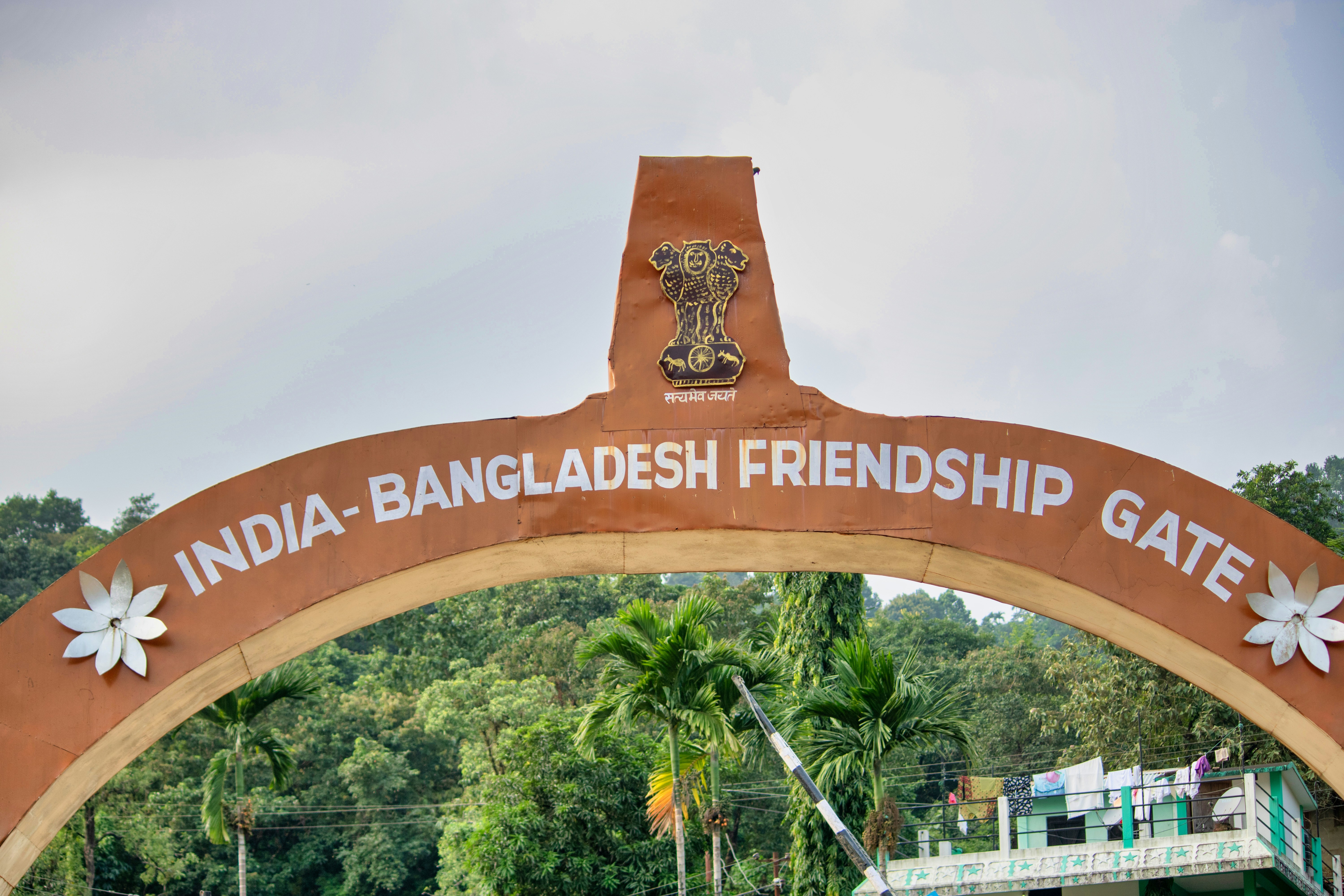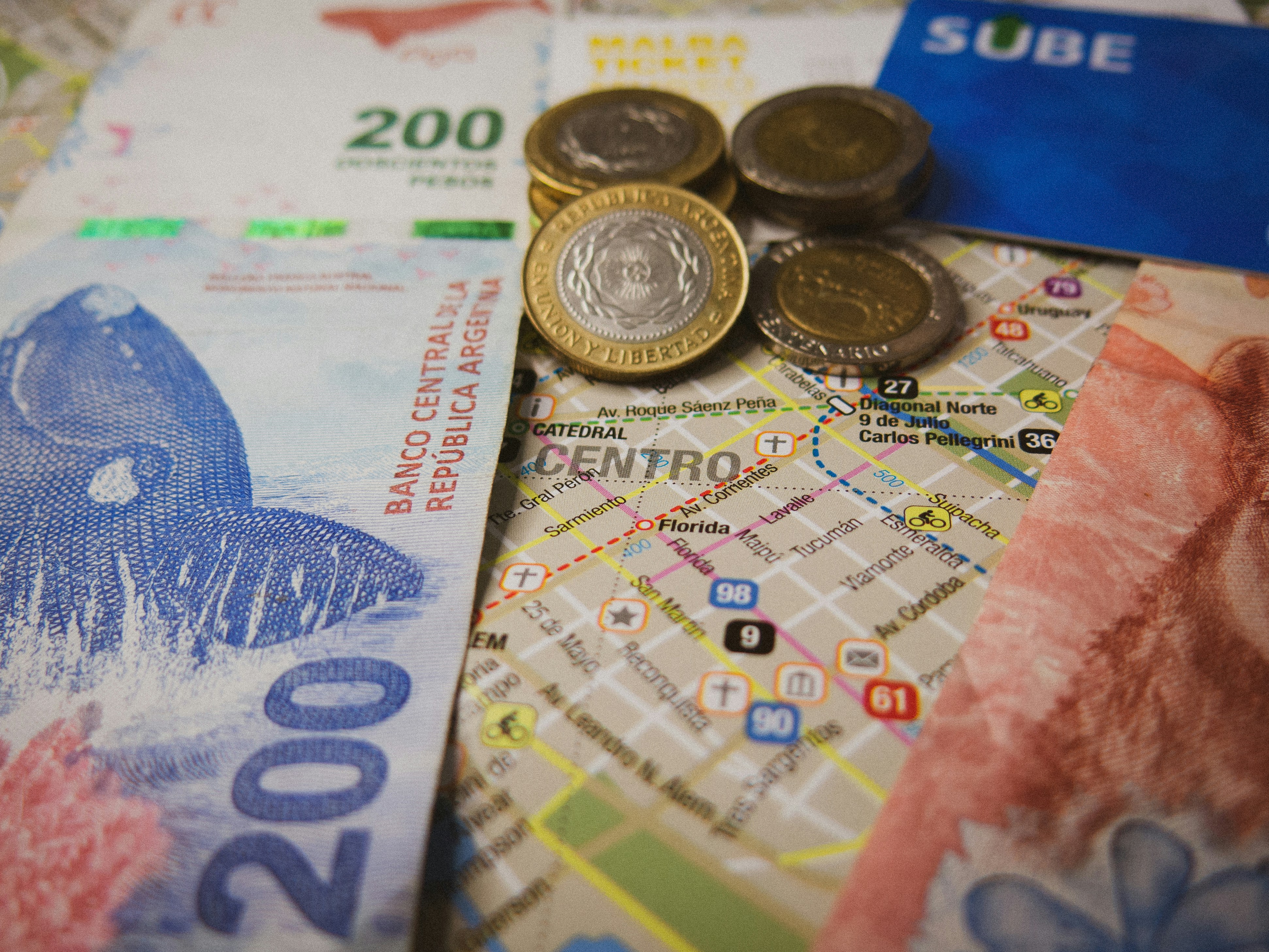Latest posts
-
Understanding the Longest Schengen Visa: A Comprehensive Guide
Introduction to Schengen Visa The Schengen visa serves as a pivotal travel document, allowing non-European Union nationals to enter, travel within, and exit the Schengen Area without undergoing multiple border checks. Established to foster easier movement among its member nations, the Schengen Agreement significantly facilitates tourism, business trips, and cultural exchanges across Europe. Comprising 27…
-
Which Schengen Visa is Easiest to Get?
Introduction to Schengen Visa The Schengen visa is a crucial document for travelers seeking to visit multiple European countries within the Schengen Area. This visa allows individuals to move freely across the borders of 27 European nations without undergoing passport checks at internal borders, thereby simplifying travel for tourists and business professionals alike. The Schengen…
-
Exploring the 26 Schengen Area Countries: A Comprehensive Guide
Introduction to the Schengen Area The Schengen Area is a pivotal component of European integration, comprising 26 member countries that have abolished passport and other types of border control at their mutual borders. Established under the Schengen Agreement in 1985, the area allows for unrestricted movement of individuals, enabling seamless travel across diverse nations. This…
-
A Comprehensive Guide to Obtaining a Bangladesh Visa
Introduction to Bangladesh Visas Traveling to Bangladesh requires careful planning, particularly regarding visa requirements. A visa is an official document issued by a government that authorizes an individual to enter, stay within, or exit a country. For visitors wishing to travel to Bangladesh, understanding the different types of visas available is essential, as it ensures…
-
A Comprehensive Guide to Tunisia Visa Requirements
Introduction to Tunisia Visa A visa for Tunisia serves as an essential travel document for individuals wishing to enter the country. It is a permit granted by the Tunisian government that allows foreign nationals to stay for a specified duration, enabling them to explore the rich cultural heritage, beautiful landscapes, and vibrant cities that Tunisia…
-
All You Need to Know About Brunei Visa: A Comprehensive Guide
Introduction to Brunei Visa A visa serves as an official document that allows individuals to enter, stay, or travel through a foreign country. For travelers aiming to visit Brunei, obtaining a Brunei visa is essential, as it determines the legality of a visitor’s stay and outlines the permission granted by the Bruneian government. The visa…
-
A Complete Guide to Obtaining an Argentina Visa
Introduction to Argentina Visa Requirements Obtaining an Argentina visa is a crucial step for travelers planning to visit this vibrant South American country. Understanding the visa requirements is essential, as it can directly impact the enjoyment and success of your trip. Different categories of visas cater to the diverse needs of international travelers, providing options…
-
A Comprehensive Guide to Singapore Visa: Everything You Need to Know
Introduction to Singapore Visa The Singapore visa system plays a crucial role in regulating the entry of individuals into the country. A visa is an official document issued by the Singapore government that allows a foreign national to enter, stay, or work in Singapore for a specific period. The significance of holding a valid visa…
-
The Ultimate Guide to Obtaining a China Visa
Introduction to China Visas A China visa is an essential document required for foreign nationals wishing to enter, stay, or transit through the country. This authorization serves as an indication that the visa holder is permitted to enter China for a specified purpose within a limited time frame. Without a visa, it is nearly impossible…
-
A Comprehensive Guide to Obtaining a Visa for Mexico
Introduction to Mexico Visas Mexico, known for its vibrant culture, rich history, and scenic landscapes, attracts millions of visitors annually. Understanding the visa requirements is essential for a seamless travel experience. Without the appropriate visa, travelers may face entry denial, which can lead to disruptions in their travel plans. Therefore, it is crucial for potential…






